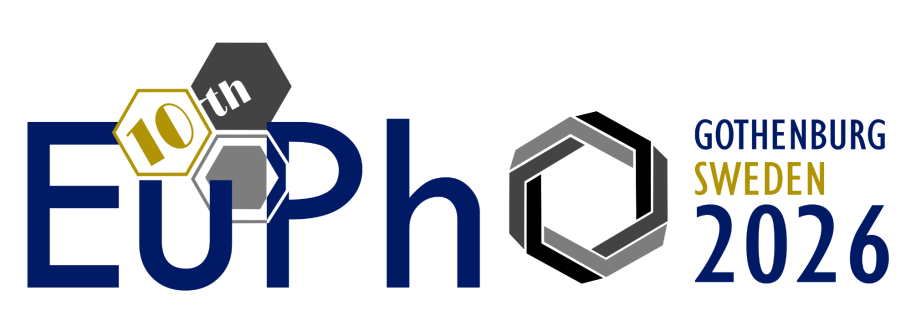About
General
European Physics Olympiad (EuPhO) is a contest for high school students. In addition to the International Physics Olympiad (started in 1967) there exist traditions of regional competitions such as Asian Physics Olympiad (since 2000) and Ibero-American Physics Olympiad (since 1991). The concept of EuPhO is similar to real research situations, with short problems description and plenty of space for creative solutions.
Estonia hosted the first European Physics Olympiad in May 2017. The event took place at the University of Tartu, in collaboration with Tallinn University of Technology. The second was held in Moscow, Russia in 2018, and the third in 2019 in Riga, Latvia. The fourth EuPhO was to have been held in Sato Mare, Romania in 2020 but was canceled due to the global health situation and the Covid 19 crisis. Instead, the online edition of the Olympiad was organized with great success and to the delight of all 257 participants from 54 participating countries. The Covid crisis led to another edition of the online EuPhO in 2021. Since 2022 EuPhO is again held as an on-site competition.
Eligibility Requirements
Similarly to IPhO, the competition is designed for high school students. The age of the contestants should not exceed twenty years on June 30th of the year of the competition, i.e. their 21st birthday should be after that date. We shall consider the age in years as a rounded digit with the floor function having been applied. In other words, if someone’s 21st birthday is July 2nd, he/she is eligible.
The competition is open for countries from Europe and beyond. Each country is eligible to send one team consisting of up to 5 students and one leader; observers and/or visitors are also welcome. The host country is eligible to send a second team. Countries participating officially in EuPhO accept the responsibility of organizing the competition themselves at some point of time.
Educational system varies from country to country, and in some cases the boundary between a high school and a university becomes vague. Per current definition, we consider a school where students have more than one third of lectures (in average per year) on topics related either to physics or mathematics to be equivalent to a university. However, if there are students in your team who come from schools which do not satisfy this criterion, but you feel that those students have not been taught University-level physics courses, please contact the Head of the Academic Committee to find a fair solution.
Competition Rules
The competition consists of two rounds: an experimental exam and a theoretical exam.
There is no discussion of the problem texts, it is the responsibility of the international academic committee of the Olympiad to guarantee the quality of the problems. Academic committee is also responsible for the grading of the problems (if necessary, they can appoint additional markers). The problem texts are short, so the leaders are expected to be able to complete the translation of both theoretical and experimental problems within an hour.
IPhO-style moderation of the marks is substituted by appellation: it is the responsibility of students to appeal any unjust grading (leaders can be present during the appellation and, if needed, translate the communication).
During the theoretical round (5 hours), there are three problems, one of which is very difficult, one is moderately difficult, and one is relatively less demanding. Full solution of each problem gives 10 points, grading granularity is one point. Partial credit is given for each idea or formula which is used in a full solution. During experimental examination (5 hours), there will be one or two tasks.
The award thresholds in points is determined after appellation as such smallest numbers that at least 8% of participants will receive a gold medal, at least 25% – a gold or silver medal, 50% – a gold, silver, or bronze medal. The results of participants from non-European countries do not affect the award thresholds, but all the contestants with marks above the thresholds are awarded with medals.
Fees and Practical Issues
The participation fee for the students and the first team leader is 350 EUR per person giving the total of 2100 EUR for a full team of five students and one leader. The participation fee per every additional leader, observer or guest is 425 EUR. Guest teams from other continents also pay the full participation fee of 425 EUR per person.
The 10th EuPhO will be held in Gothenburg, Sweden.
If you are a team leader, you can obtain the invoice and specify the details about your team by registering to the event. Preliminary registration will open in autumn 2025. If you are not a pre-registered team leader, please express your interest to participate by contacting us via e-mail at contact@eupho26.se.
